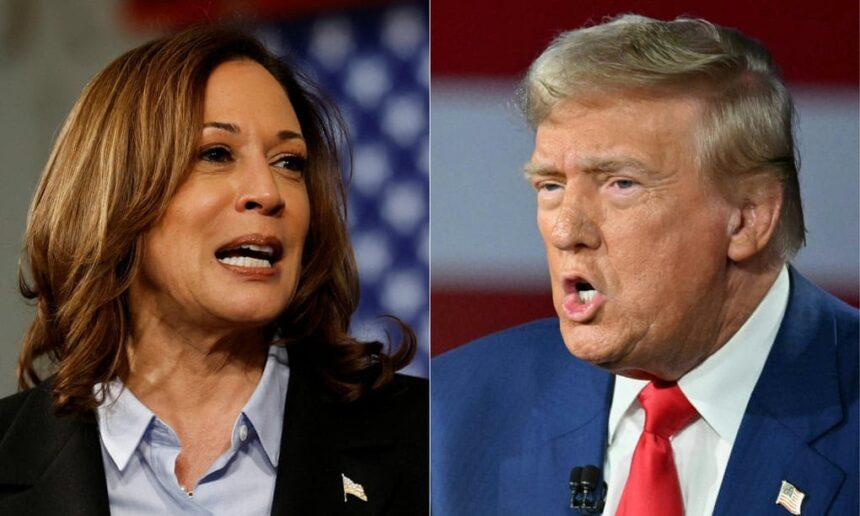By Nakiwala Barbra
Former President Donald Trump and Vice President Kamala Harris are set to face off in a debate that promises to be as intense as it is consequential.
This debate comes just a few months after Trump debated with US President Joe Biden, which sparked concerns over Biden’s age and cognition, leading to calls for his withdrawal from the race.
Biden dropped his re-election bid several weeks later and endorsed Vice President Harris to succeed him.
National polls show former President Trump trailing Harris by as much as 5 percent. In contrast, he was leading Biden by a similar amount before their debate in June.
While Trump was prepared to agree, his team, determined to keep him focused and on message, insisted on keeping the original rules. However, Trump’s difficulty in coming to terms with Biden’s departure from the race could have a significant impact on the debate.
According to Steven Fein, a specialist in presidential debates and professor of psychology at Williams College in Massachusetts, the potential for mind games and psychological drama in this debate is greater than any he had previously studied. Fein mentioned that controlling Trump’s tendencies, especially when baited by a woman, could be a challenge.
The former president has been preparing for the debate with, among others, Tulsi Gabbard, a former Democratic member of Congress who turned Trump supporter. On the eve of the debate, Jason Miller, a Trump adviser, stated that it would be Harris who would have difficulty preparing for Trump.
He emphasized that Trump’s unscripted nature makes it challenging to prepare for him, comparing it to training to fight Muhammad Ali.
Both Trump and Harris have a history of flip-flopping on issues. They will be pushed for a precise stance on policies during the debate.
Trump has made vague promises, including the mass deportation of undocumented immigrants, despite research suggesting the move would crater the US economy and reduce the country’s gross domestic product by around 2.6 percent. But he has since softened his position by suggesting foreign graduates should receive green cards
Meanwhile, Harris has changed her stance on issues such as no longer supporting a ban on fracking and becoming more hardline on border security. However, she has laid out little in the way of foreign policy plans.
Experts previously told CNA that Harris, who is the country’s first female, Black, and South Asian vice president, is expected to continue Biden’s foreign policies in Asia if she wins the election.







